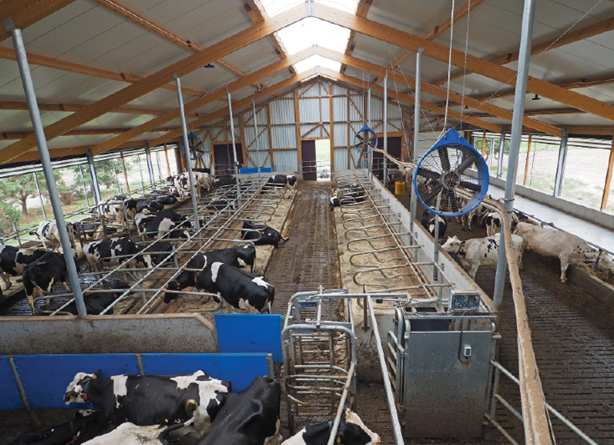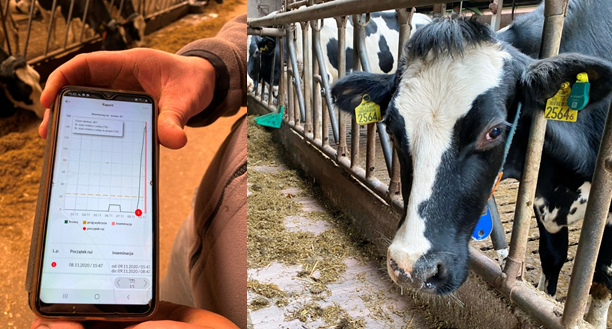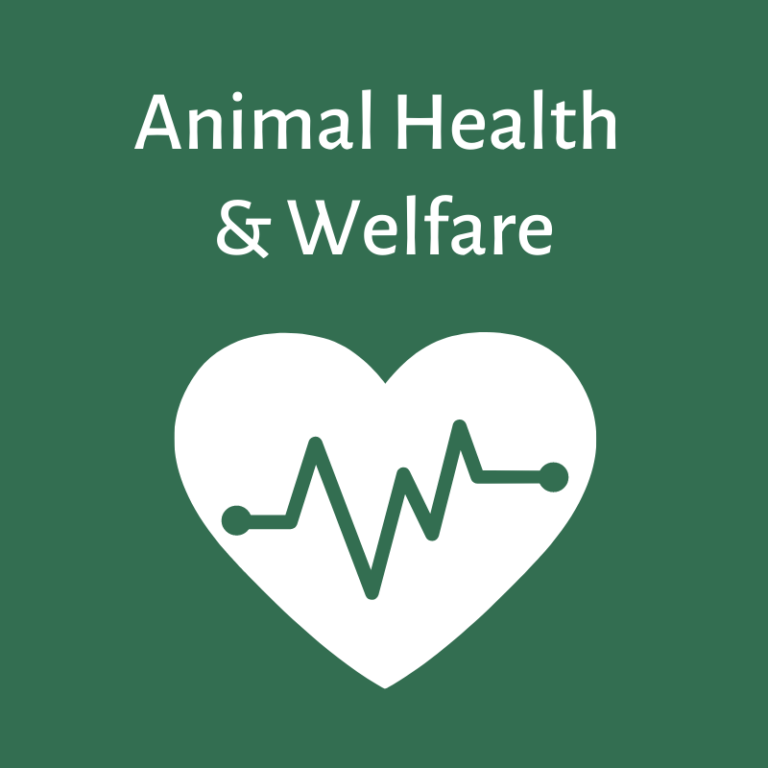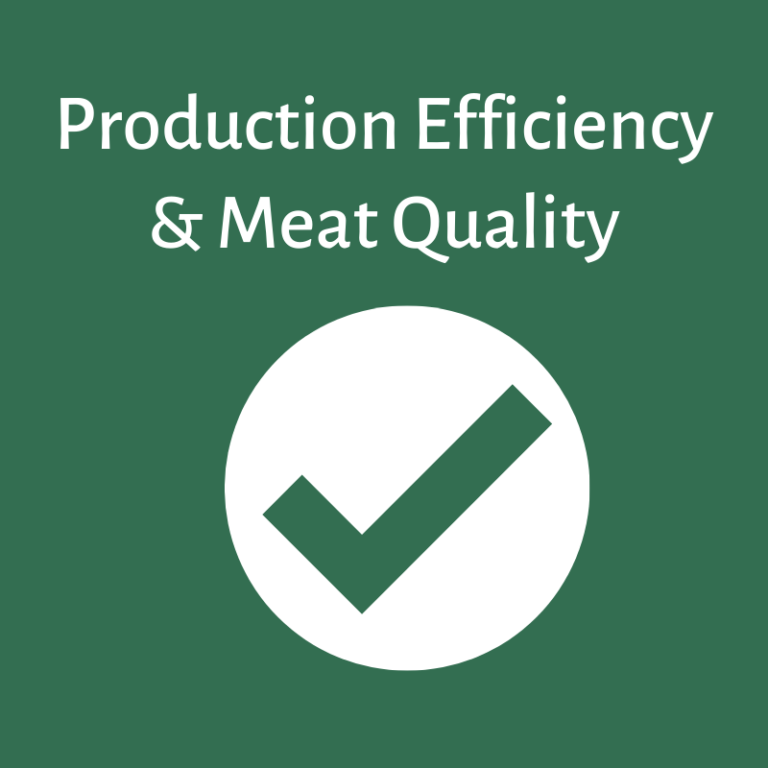Automated monitoring of the body temperature and microclimate conditions of each animal in the cattle shed is an alternative method for ensuring animal comfort that avoids the use of medicine through early disease detection and helps farmers in their daily activities; this all has an impact on the animals’ health, welfare, and performance.
A biosensor ear tag and microclimate sensors were developed with the participation of the Institute of Animal Sciences at the Warsaw University of Life Sciences (SGGW). They were tested on two cattle farms (beef and dairy cattle), one located in Chylice and the other in Kociszew (Mazovia region), Poland. The system consists of individual biosensors which measure animal movement and ear temperature, several microclimate sensors for measuring temperature and humidity in the cattle shed, a data transmitter and receiver located in the pasture and indoors, and software which processes all the data from each animal. The microclimate sensors can be installed in any type of room. The e-stado system is dedicated to detecting heat time and estimating individual insemination time, feeding (feed intake and rumination time), summer heat stress, and calving monitoring as well.

 Heat time detection screen and e-stado biosensor on the ear
Heat time detection screen and e-stado biosensor on the earImpact on:
 | Reduced costs |
 | Better management of individual comfort and early disease detection |
 | High animal performance |
 | Reduction of antimicrobials use |
Source of information:
- Good practice provided by the Network Manager from Poland (Marcin Golebiewski)
Further information:
- Innovation and Technology Transfer Centre in University of Life Science (SGGW): http://ciitt.sggw.pl/